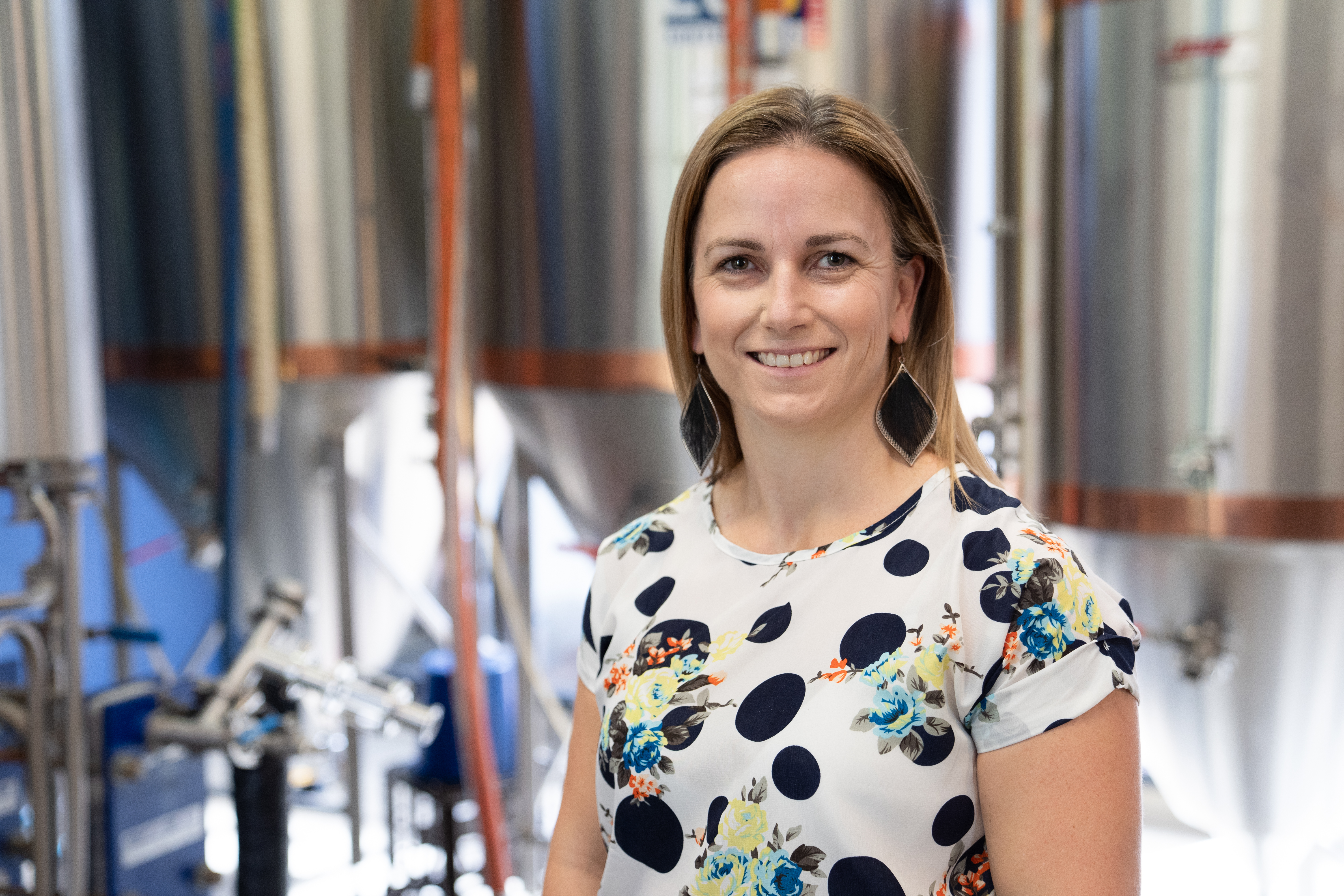There’s a hole in my assay, dear ELISA, dear ELISA: Using MS to detect hydrolysed gluten in beer that is responsible for false negatives by ELISA (#119)
Gluten is the collective name for a class of proteins found in wheat, rye, barley and oats. Eating gluten triggers an inappropriate auto-immune reaction in ~70 million people globally affected by coeliac disease, where the gut reacts to gluten proteins and this triggers an immune response, resulting in intestinal inflammation and damage. Gluten-free foods are now commonplace, however, it is difficult to accurately determine the gluten content of products claiming to be gluten-free using current methodologies as the antibodies are non-specific, show cross-reactivity and have different affinities for the different classes of gluten. The measurement of gluten in processed products is further confounded by modifications to the proteins that occur during processing and in some case hydrolysis of the proteins. In this study, LC-MS/MS analysis of barley-derived beers revealed that certain classes of hordein were prone to hydrolysis (B- and D-hordein). Strikingly, those beers that contained high levels of B-hordein fragments gave near zero values by ELISA. The hydrolysed fragments that persist in beer show a dose-dependent suppression of ELISA measurement of gluten despite using a hordein standard for calibration of the assay. Using 2D gels the complete suite of hordeins present in barley grain, the precursor to malt using in brewing, were visualised. Further, using a combination of high resolution discovery proteomics and targeted quantitative proteomics the “gluteome” was characterised facilitating selection of peptide markers specific to each hordein family. The development of MS-based methodology for absolute quantification of gluten is required for the accurate assessment of gluten, including hydrolysed forms, in food and beverages to support the industry, legislation and to protect consumers suffering from coeliac disease.
 PROTEOMICS 2015*
PROTEOMICS 2015* 